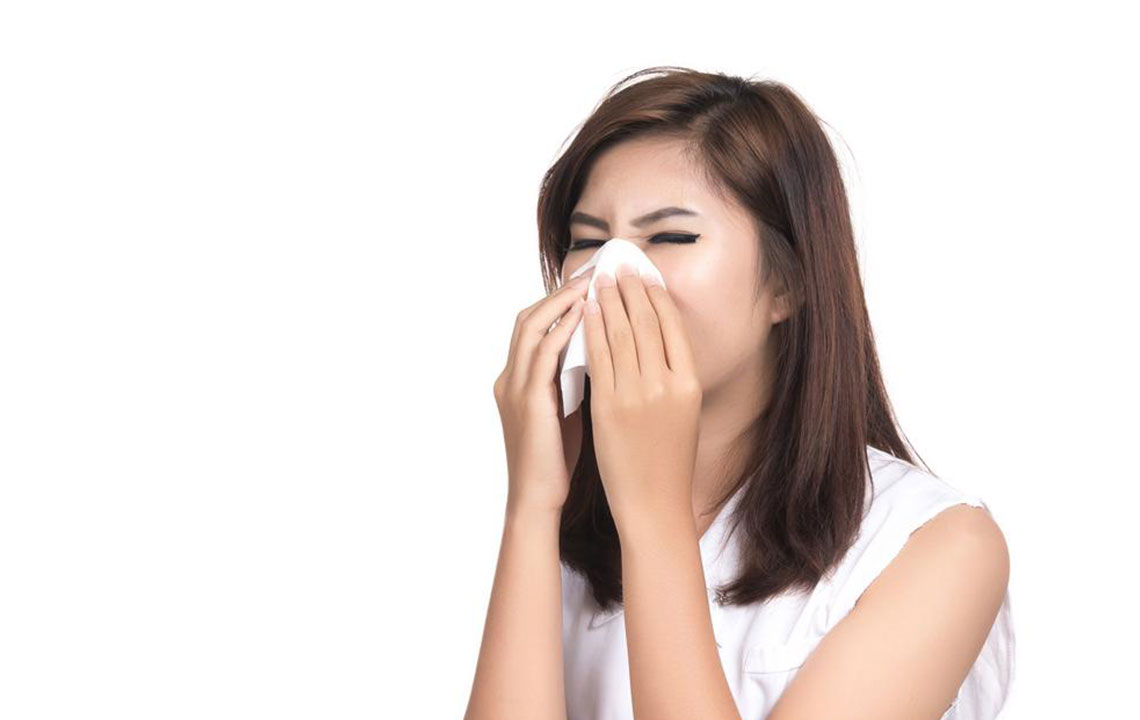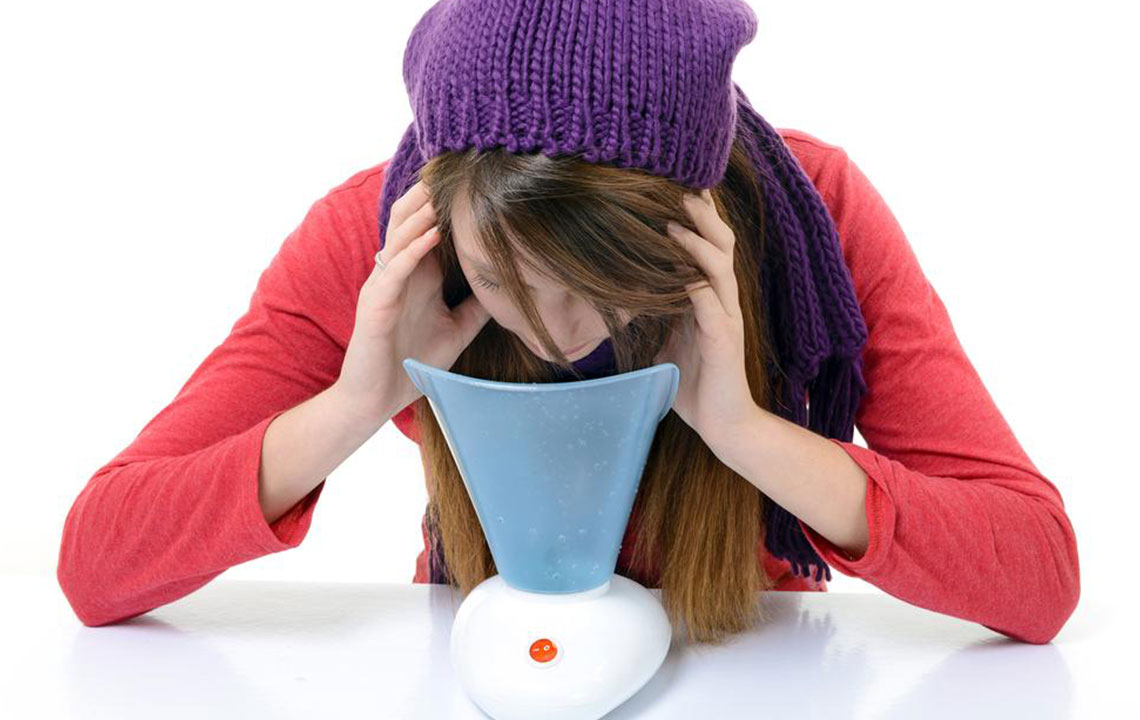Effective Strategies to Manage and Treat Fever
Discover effective methods to manage and treat fever with safe home remedies and medications. Learn when to seek medical help and how to alleviate symptoms quickly and safely. This comprehensive guide offers practical advice for dealing with fever and related symptoms, promoting faster recovery and health management.

Effective Strategies to Manage and Treat Fever
Normal body temperature is around 98.4°F. When it rises beyond that, it indicates a fever. A fever is a natural response of the body to fight infections, especially bacterial and viral. It isn't always harmful and can be a sign of the body actively combating illness.
Fever often accompanies symptoms like sore throat, congestion, cough, joint aches, fatigue, and nausea, varying from mild to severe. A body temperature exceeding 104°F warrants urgent medical attention due to risks like convulsions.
If the fever persists or becomes high, home remedies can provide relief. For prolonged or very high fevers, medication may be necessary. Using medications prudently is important to avoid side effects.
Start with basic home care to ease symptoms. Check your temperature and observe associated signs. A fever over 100.4°F is considered an infection indicator.
Prioritize rest—staying in bed aids recovery and alleviates joint discomfort.
Stay well-hydrated by drinking water, juice, or ice chips, especially if sweating causes dehydration. Soups are gentle, nourishing options.
Maintain a cool environment. Use extra blankets if you have chills, but avoid overheating.
Take warm baths to feel refreshed; avoid cold water and wear comfortable clothing.
For sore throats, opt for warm beverages, as infections often accompany fever.
Eat light, home-cooked meals in small portions to keep energy levels up.
Avoid prolonged bed rest; gentle movement and stretching help combat lethargy.
Monitor your temperature regularly. Seek medical advice if weakness worsens.
Applying a damp, warm cloth to the forehead can help reduce fever. Use warm water and dry the area afterward.
Medication Options for Fever
For discomfort caused by fever, over-the-counter medications like acetaminophen and ibuprofen are effective. Use them sparingly to avoid side effects such as liver or kidney issues. Always check for allergies or previous reactions before use, and avoid giving them to children without medical guidance.
Common medications include:
Acetaminophen
Suitable for children and adults, with dosages based on age and health. If vomiting impairs oral intake, suppositories can be used.
Ibuprofen
Appropriate for children over six months and adults, with dosage adjustments. Consult a doctor before giving to children or if in doubt.
Naproxen
Effective for adults, with a dosing schedule of two tablets every 12 hours. Avoid aspirin for children or adults due to possible serious side effects.
These medications help lower fever and ease symptoms. Complementary care includes staying hydrated and eating nutritious foods for faster recovery. In severe cases, a doctor may prescribe antibiotics or administer injections for quick relief. Always follow medical advice for best results.
Note:
This blog offers practical health information across various topics. While the research aims to provide accurate data, it isn't meant to replace professional medical advice. Readers should consult healthcare providers for diagnoses and treatments tailored to their needs. The site isn't responsible for inaccuracies or missing information regarding treatments or offers.










